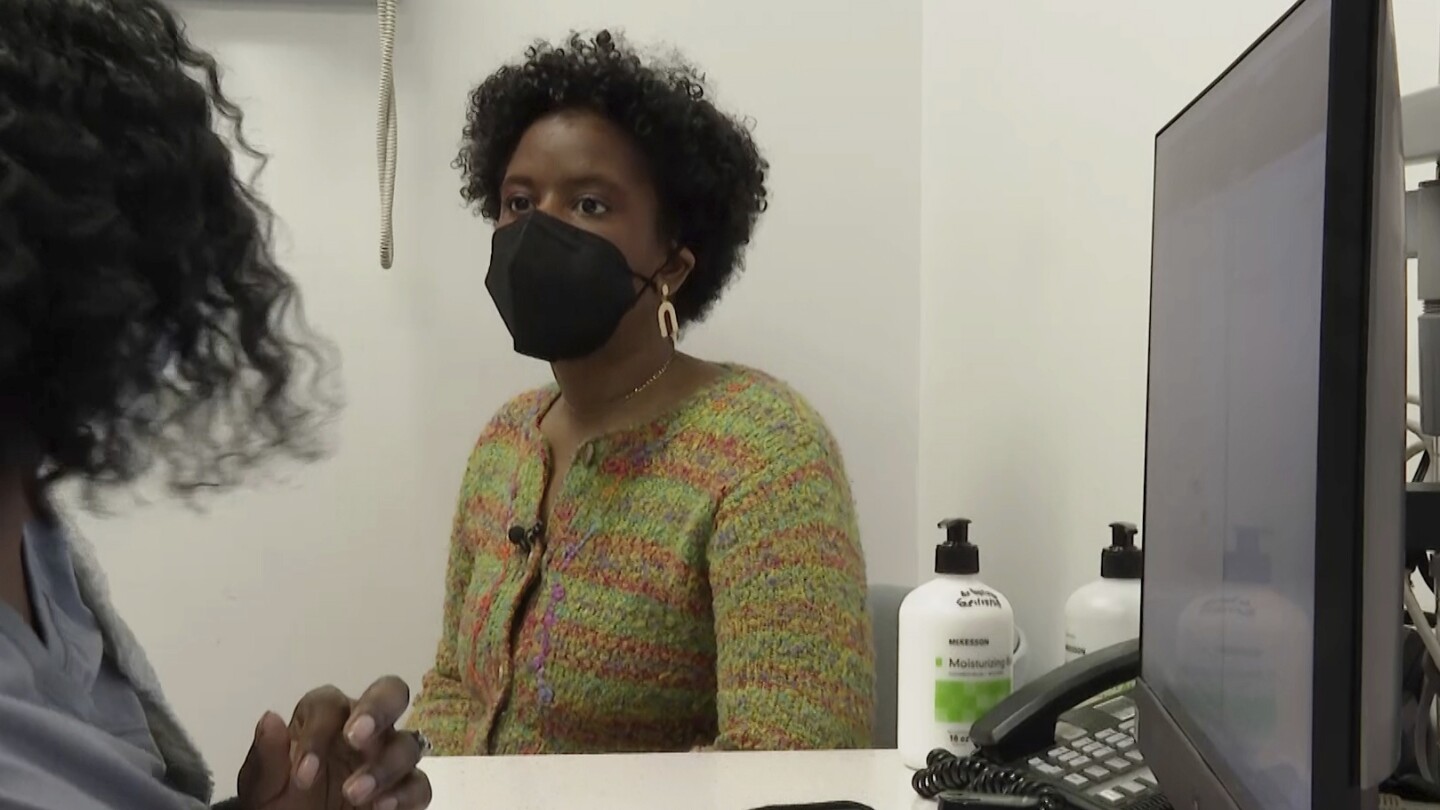Jazmin Evans had been waiting for a new kidney for four years when her hospital revealed shocking news: She should have been put on the transplant list in 2015 instead of 2019 — and a racially biased organ test was to blame.
As upsetting as that notification was, it also was part of an unprecedented move to mitigate the racial inequity. Evans is among more than 14,000 Black kidney transplant candidates so far given credit for lost waiting time, moving them up the priority list for their transplant.
“I remember just reading that letter over and over again,” said Evans, 29, of Philadelphia, who shared the notice in a TikTok video to educate other patients. “How could this happen?”
At issue is a once widely used test that overestimated how well Black people’s kidneys were functioning, making them look healthier than they really were — all because of an automated formula that calculated results for Black and non-Black patients differently. That race-based equation could delay diagnosis of organ failure and evaluation for a transplant, exacerbating other disparities that already make Black patients more at risk of needing a new kidney but less likely to get one.
Something something systemic racism is woke CRT
“[…] that overestimated how well Black people’s kidneys were functioning”
It actually was woke. They thought Black kidneys were better than they actually were.
I was aware of the lab tests GFR and GFR AA but didn’t know how or why African American kidney functions were calculated differently. After reading the article you posted, I searched a bit more to find out the history of these labs. For anyone who might be interested, please check out this link: https://www.kidney.org/atoz/content/race-and-egfr-what-controversy
It is unfortunate it took this long to investigate and attempt to rectify the situation. I say attempt because regardless of the current efforts many individuals and family members were gravely affected by not being identified as having kidney disease and treated sooner.
At least it is sounding like awareness of racial disparities in healthcare are becoming more recognized, yet how long will it take for all these changes to take into effect on a broad scale? Sadly, I doubt there will ever be total equality in healthcare within our society.
Kidney recipient here! My donor was black (I’m Asian) and they’re doing quarterly tests on me to see if a kidney from a black person lasts longer because they think it does not.
Took quite awhile to realize the “Are you black?” question influenced bias.
Yeah, in medicine there are differences between medicine for white and black people. Probably same thing happening here for a test and one side being “overtuned”. There are most likely some differences, but the amount between them was too much.
Phenotype and genotypes are obviously useful in medicine, but “black” and “white” are measures of one phenotype in binary measure despite it being a spectrum in itself.
Right but the issue here is that the article is slamming the study for ‘race-based equations’ when medicine quite literally relies on taking every single variable, including race, into account. The fact they’re “less likely to get one” is not based solely on race as much as the article would like to insinuate that it is.





